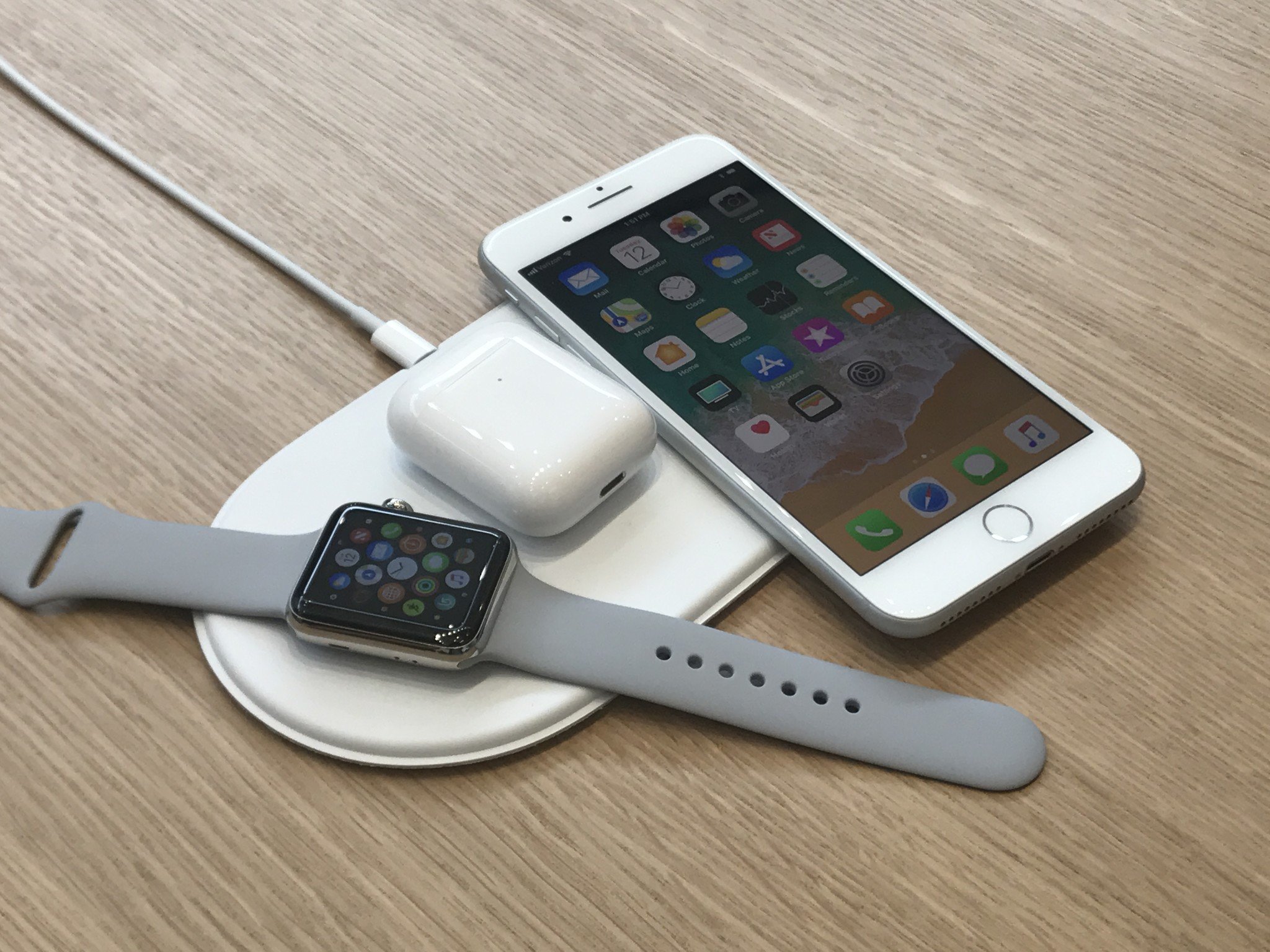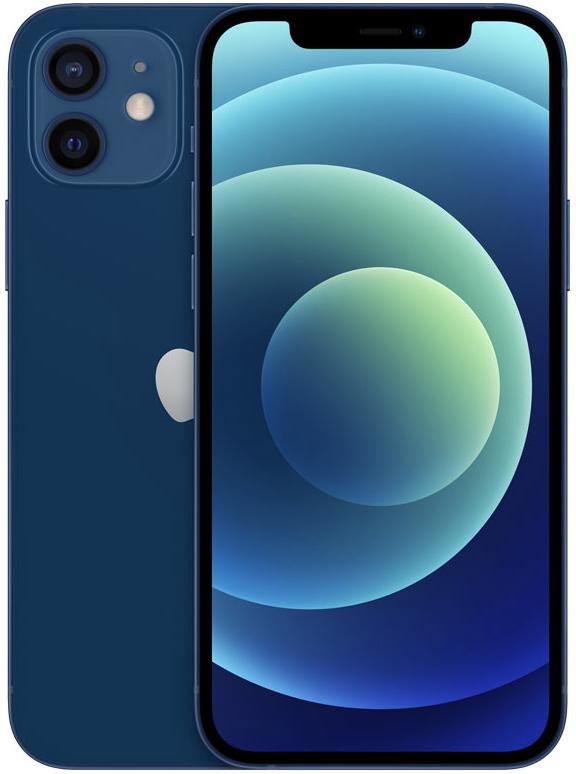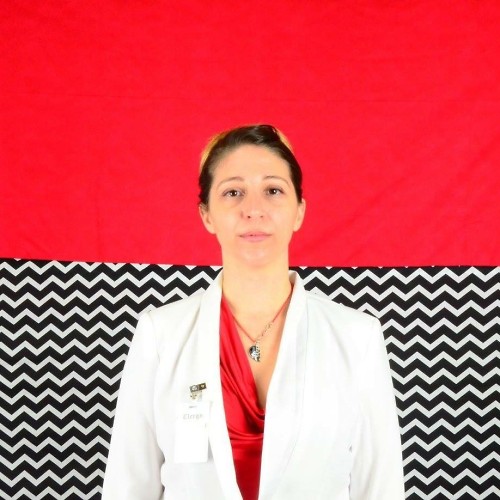
The short answer is most of them do and with most cases.
Qi standard is a method of inductive and resonant charging that works at farther distances than just directly from the transmission point. The Wireless Power Consortium notes that "With inductive charging, the charge passes between a transmitter and receiver coil placed closely together, usually only separated by the outer casing of the two devices (<7mm)." With resonant charging, "the transmitter can detect and charge existing Qi receivers at greater distances (up to 45mm)." Qi combines both. What that means is, a well-made Qi standard wireless charger should easily charge your iPhone 8, iPhone 8 Plus, or iPhone X, even in a thick case, except for if the case is made out of metal.
Qi wireless charging uses a system of magnetic induction coils, which has a transmitter and receiver. If your case is made out of metal, it might have a negative effect on the transmitter's ability to send the signal to your iPhone's receiver. I've read that even a small square metal plate, sometimes used for magnetic car mounts, can bork your charging capabilities.
There's a clever video on YouTube showing wireless charging with a Nokia DT-901 and a Fatboy Pillow wireless charger. The narrator uses cloth, a comic book, a plastic cutting board, a DVD box (4-5mm thick) and a stainless steel pot. The only thing that affected the charge was the pot. If your wireless charge is good quality, no case (other than metal) should be a problem.
Because the Qi standard has become so popular (and will definitely increase in popularity now that the iPhone 8 and iPhone X support it), there are companies that try to pass off their products as supporting the Qi standard. For a product to be Qi certified it has to go through a lot of testing to meet the minimum qualifications for certification. It's not entirely unlike products that are MFi certified as opposed to products with statements that they "work with iPhone," and the like. Non-certified wireless chargers will likely have wording such as "Qi compatible" or "works with Qi," instead of stating "Qi certified" or "uses Qi technology." That doesn't mean non-certified wireless chargers are bad. It just means you're sure to get quality and safety if you get a charger that is Qi certified.
There are also multi-coil transmitter charging pads that are wider and able to charge multiple devices at once. More coils does not mean faster or stronger charging. It just means more room for more devices. Apple's upcoming AirPower wireless charger supports charging three devices at once, it is shown charging an iPhone, Apple Watch, and AirPods charging case. We don't know yet whether it actually has a three-coil system, but it probably does.
In your search for the perfect wireless charger for your new iPhone 8, iPhone 8 Plus, or iPhone X, look for a charger that is Qi-certified and you'll have no problem charging your iPhone while it's snugly secured in its case. Cheap chargers that don't specifically state they meet the Qi standard may cause you some case-charging grief or have difficulty with proper alignment. If I've learned anything in life, it's that it is better to spend more up front for high-quality products than to buy cheap and have to replace it soon anyway.
Master your iPhone in minutes
iMore offers spot-on advice and guidance from our team of experts, with decades of Apple device experience to lean on. Learn more with iMore!
Oh, and if you use a metal case, you should probably skip wireless charging or get a new case.
Check out our favorite wireless charging cases for iPhone 8, iPhone 8 Plus, and iPhone X (so far)
Do you have any questions about wireless charging and how it works with your iPhone in or out of a case? Put them in the comments and we'll answer them.
Lory is a renaissance woman, writing news, reviews, and how-to guides for iMore. She also fancies herself a bit of a rock star in her town and spends too much time reading comic books. If she's not typing away at her keyboard, you can probably find her at Disneyland or watching Star Wars (or both).


